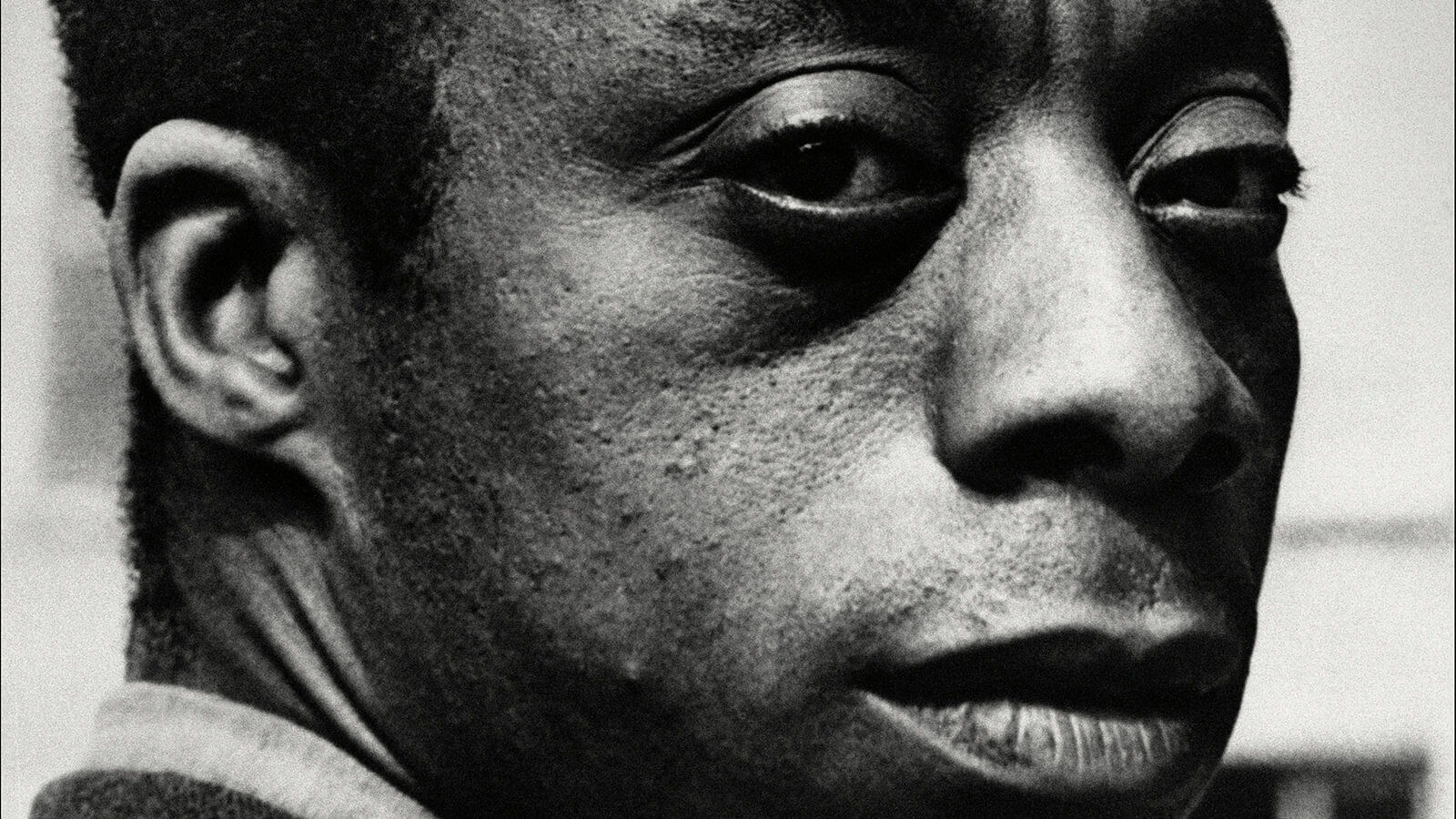The History: Setting The Scene For On Earth We’re Briefly Gorgeous By Ocean Vuong
On Earth We’re Briefly Gorgeous by Ocean Vuong – Dua’s Monthly Read for November – is a powerful semi-autobiographical novel focused on the relationship between a nation’s history and one family story, told through letters written by Little Dog, a Vietnamese man, to his illiterate mother. To help you navigate the historical context surrounding the novel, Mark Lynas examines Vietnam’s complicated history, from the rise of communism to the American withdrawal
“An American soldier fucked a Vietnamese farm girl,” writes Ocean Vuong in his celebrated poem Notebook Fragments. “Thus my mother exists. Thus I exist. Thus no bombs = no family = no me. Yikes.” With its themes of violence and the strange experience of being a tongue-tied refugee in a foreign land, Vuong’s novel, On Earth We’re Briefly Gorgeous, also dwells on this paradox. Its narrator, a thinly-veiled fictional portrayal of Vuong himself named Little Dog, only exists thanks to the horrors of the Vietnam War.
The US experience in Vietnam has become such a potent part of twentieth century cultural mythology that it is easy to neglect the millions of Vietnamese whose lives were upended, farms and villages destroyed and cities mercilessly bombed in a war which ultimately claimed the lives of between 2-5 million people, most of them civilians. US military casualties, on the other hand totalled 58,000.
American troops were sent to Vietnam by President Lyndon B. Johnson in 1964. Vietnam had been divided into Communist-controlled north and non-Communist south since the mid-1950s. The Communists, led by Ho Chi Minh, had succeeded in defeating the Japanese during World War II, and later the French colonial authorities of Indochina. But the Americans feared that a Communist takeover of the whole of Vietnam would lead to Communism sweeping throughout Asia, putting the Soviet Union in a winning position in the Cold War. Johnson and his successor President Richard Nixon sent in hundreds of thousands of US troops to help prop up the unstable and dictatorial South Vietnamese government, which was centred in Saigon.
Communists in South Vietnam, known as the Viet Cong, were supported by the North and fought an increasingly successful campaign of guerilla warfare. American support for the war fell after the 1968 Tet Offensive, where the Viet Cong launched a coordinated assault across much of the country. The increasing US use of napalm, Agent Orange and massacres of civilians such as at My Lai further undermined the moral case for the war.
By 1973 all American troops had been withdrawn and the South Vietnamese regime began to crumble. Saigon fell on 30 April 1975, with final emergency evacuations of American personnel and allies being conducted from the roof of the US embassy by helicopter. With the whole of Vietnam under Communist government, the two halves were reunited – but those judged to have been collaborators were treated harshly, with millions sent to re-education camps. Thousands more fled Communist repression over the subsequent 15 years, becoming refugees. These included Ocean Vuong’s parents: his mother fell under suspicion for being mixed race (her father was an American GI). They spent months in a refugee processing camp in the Philippines before being allowed into the USA.
About 1 million Vietnamese immigrants eventually settled in the United States, often living in deprived areas and facing hostility and racism as Vuong describes so evocatively in his novel. Many worked in nail salons, like Little Dog’s mother, contending with harsh poverty and conditions. But this is no longer necessarily the case: today ethnic Vietnamese on average have higher incomes and lower poverty levels than native-born and other immigrant US populations. And second-generation Vietnamese are unsurprisingly vastly more proficient in English than their parents. With Viet Thanh Nguyen’s 2016 Pulitzer Prize-winning The Sympathizer and latterly Vuong’s moving poetry and masterful first novel, their literary voices are finally being heard.




